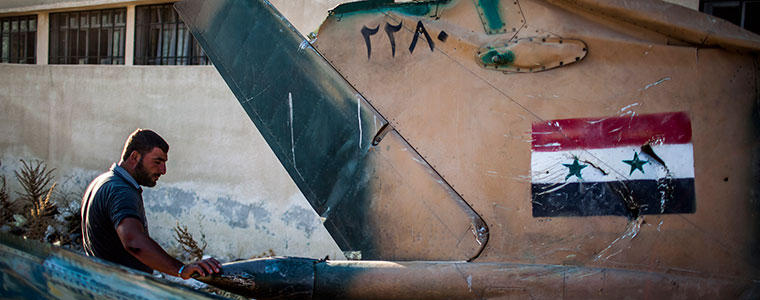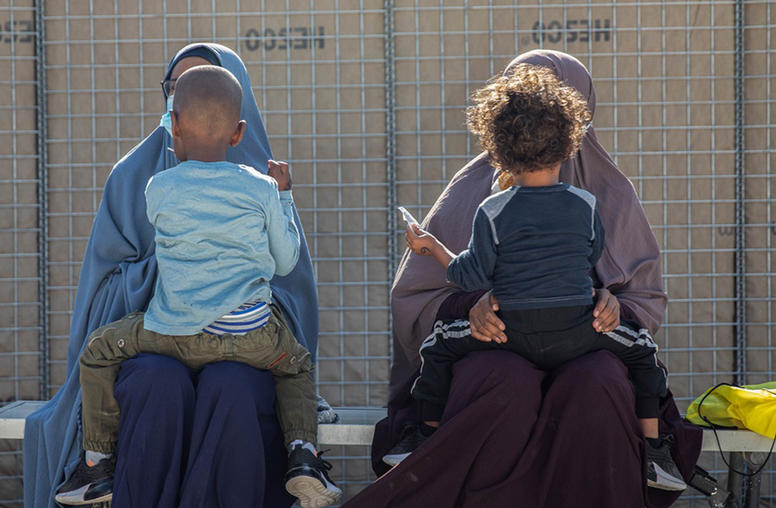
Late last month, a group of Syrian opposition activists released a major transition planning document: “The Day After Project: Supporting a Democratic Transition in Syria.” The document represented the work of more than 45 members of the Syrian opposition who met in Berlin over a period of six months to develop recommendations and strategies for managing the challenges of a post-Assad transition. Led by a Syrian executive committee, the project was facilitated by USIP with the support of the German Institute for International and Security Affairs (SWP).
In the weeks since the document was launched in Berlin, members of the executive committee have been actively engaged in disseminating it to key audiences within Syria and among the international community. The executive committee and project participants view the document not as a blueprint that must be followed step by step, but as an opening for debate and dialogue, especially among Syrians themselves. From this starting point, the group has worked to build support for the document, to begin using it as the basis for training activities, and to ensure that it be seen not as an “academic exercise” but as one basis for action in support of Syria’s transition from dictatorship to democracy. Positive reactions to the document have been impressive. It has received support from key Syrian opposition groups, including the Arab League-supported transition planning effort based in Cairo, the Syrian National Council, and the Syrian Muslim Brotherhood. It has also been supported by a number of governments and international institutions.
The most recent expression of support came in the context of a resolution on Syria that was passed by the European Union Parliament on September 13. Among the articles of the resolution was one, no. 15, in which the EU Parliament welcomed “the efforts made by Syrian opposition representatives to create a united front of opposition forces, as well as the recently issued ‘National Pact’, ‘Common Political Vision for the Transition in Syria’, and conclusions and recommendations of ‘The Day After project: Supporting a Democratic Transition in Syria’.” The resolution went on to encourage “the Syrian opposition to continue on this path with the aim of creating a credible alternative to the regime and . . . urges the VP/HR and EU Member States to make every effort to start discussions with the authorities of Turkey, Lebanon and Jordan, the Arab League and the Syrian opposition on preparing the peaceful transition for the post-Assad Syria.”
This resolution is an important affirmation of the significance of the work conducted by the members of the Syrian opposition who produced The Day After document. It highlights the document’s contribution to current debates about the future of Syria after Bashar al-Assad, and underscores the need for further efforts to prepare Syrians to respond effectively to the massive challenges that will follow the fall of the Assad regime.



